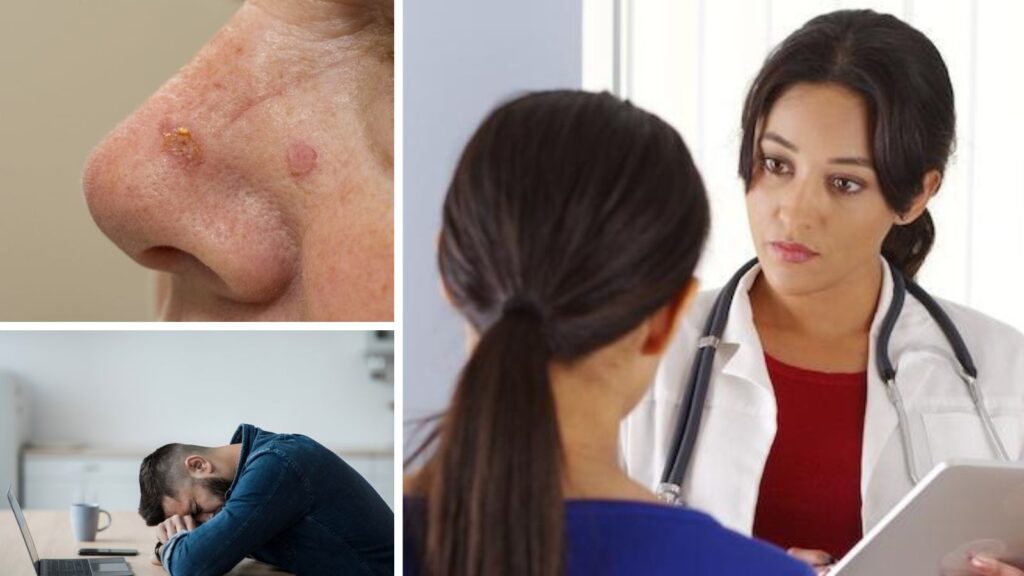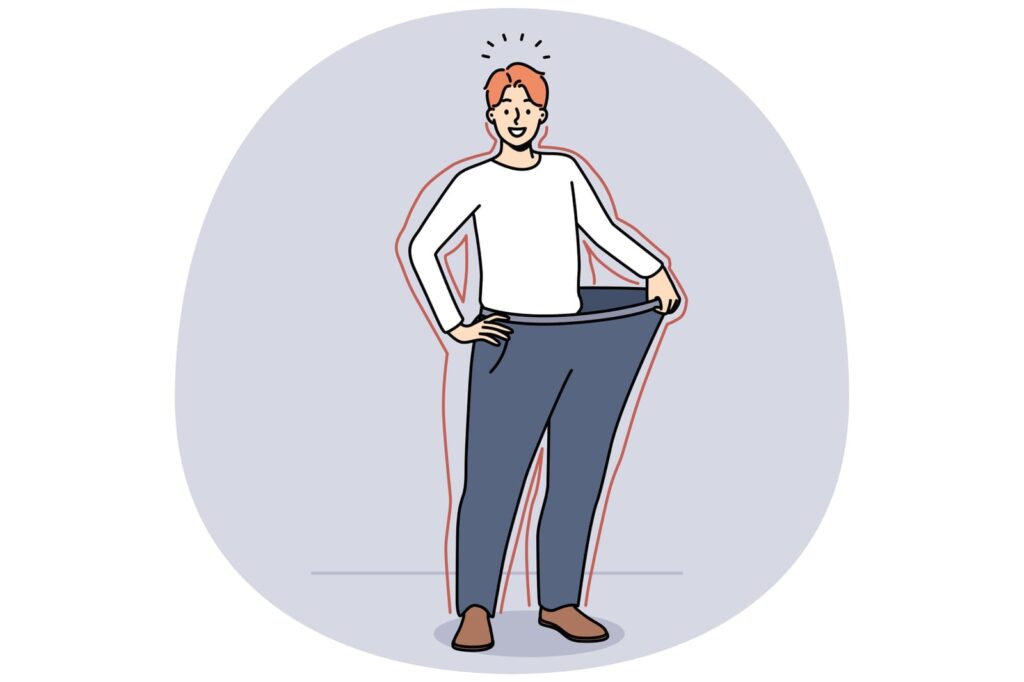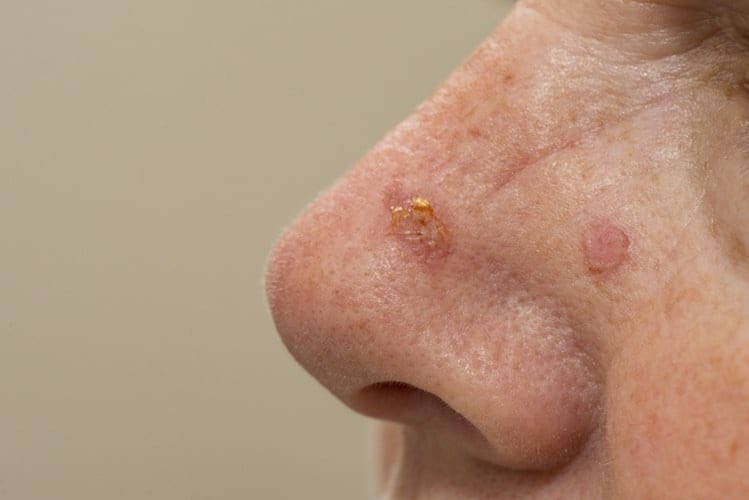Attention Young Adults: Cancer Is Now Targeting You Faster Than Ever — Don’t Ignore These Early Red Flags

Attention Young Adults: Cancer Is Now Targeting You Faster Than Ever — Don’t Ignore These Early Red Flags
There was a time when our lifestyles were simple, food was wholesome, and people moved more, stressed less, and lived longer. Back then, cancer wasn’t the common threat it has become today. But times have changed. Rapid urban living, poor diet, pollution, and sedentary routines are now silently pushing even young people toward life-threatening illnesses—cancer being one of the most alarming among them.
Today, cancer is no longer a disease that affects only the elderly. It’s creeping into the lives of young adults, especially millennials, at a surprising pace. The scariest part? Many of its early symptoms are brushed off as minor or temporary issues. But ignoring these signs can cost you dearly.
Dr. Anil Thakwani, a leading oncologist and Director at Sharda Hospital, Greater Noida, shares that early detection plays a massive role in successful treatment. Recognizing the warning signs early can be lifesaving. So let’s walk through some important symptoms you absolutely should not ignore:
1. Sudden, Unexplained Weight Loss

Losing a few pounds without trying might sound like a dream—but not when it happens for no reason. If you’re dropping weight quickly without a change in diet or exercise, it could be a sign that something is wrong inside your body. Losing 5 kg or more without effort could point to cancers like lymphoma, leukemia, or tumors in the digestive system.
2. Persistent Fatigue That Doesn’t Go Away

Everyone feels tired after a long day, but if you’re constantly exhausted even after resting well, don’t write it off as burnout or laziness. Ongoing fatigue, especially the kind that doesn’t improve with rest, could be an early sign of blood-related cancers such as leukemia. It’s your body’s way of waving a red flag—pay attention to it.
3. Abnormal Bleeding
Bleeding that doesn’t follow the usual pattern—such as bleeding between periods, after sex, in the stool, or in the urine—is often embarrassing to talk about, but it shouldn’t be ignored. In women, it could indicate cervical cancer, and in both men and women, blood in stool or urine is a strong sign that something serious might be going on. Always get it investigated.

4. Unusual Lumps or Swelling
A painless lump in areas like the breast, neck, underarms, or testicles might seem harmless at first—but don’t wait for it to go away on its own. New or growing lumps can be early indicators of various types of cancer. If you notice anything unusual under your skin, have it checked out immediately.
5. Ongoing Pain Without a Clear Cause
Pain that lingers for weeks—even without an obvious reason like an injury—shouldn’t be brushed off. For instance, long-term abdominal pain could be linked to colorectal cancer, which is increasingly being diagnosed in people under 40. Accompanying signs like blood in the stool or changes in bathroom habits are even more reason to get checked.
6. Visible Changes in the Skin

Your skin can reveal a lot about your health. Changes like new moles, moles that grow or change shape, or discoloration (yellowing or darkening of the skin) aren’t just cosmetic concerns. These could be early symptoms of skin cancer (like melanoma) or liver issues. Never ignore what your skin is trying to tell you.
The truth is, cancer is not just an “old person’s disease” anymore. It’s affecting young, otherwise healthy individuals, and many times, it’s because early signs were dismissed. Trust your instincts. If your body feels different, don’t wait for it to get worse. Early action can mean the difference between a manageable treatment and a late-stage diagnosis.
Disclaimer:
This article is for general informational purposes only and does not constitute medical advice. The information provided herein is not intended to diagnose, treat, cure, or prevent any disease. Always seek the guidance of a qualified healthcare professional with any questions you may have regarding a medical condition or symptoms. Never disregard professional medical advice or delay seeking it because of something you have read in this article.












